'Breakthrough' documentary puts Nobel Prize-winning scientist Jim Allison under microscope4/23/2019 Film directed by Bill Haney explores fascinating personality whose cancer research is saving lives Of all the tributes one could pay to renowned immunologist Jim Allison, this might be the most profound: there are people alive today who owe their survival to his work. The Houston-based scientist won the Nobel Prize in medicine in 2018 for discoveries into ways the body's immune system could be triggered to fight cancer, insights that have led to life-saving therapies. Allison falls into that rare group of individuals filmmaker Bill Haney calls "creative scientists" -- people whose approach to phenomena is so original that they wind up making exponential advances in their fields of study. Haney directed the new film Breakthrough, which examines Allison's vital contributions and the unorthodox personality that produced such critically important research. Allison might wear a white lab coat by day, but by night you can often find him wailing on harmonica in a honky tonk. "You meet Jim and he's orthogonal to what you expect the studious, scholarly scientist of your childhood imagination to be," Haney told me when we met at the Full Frame Documentary Film Festival in Durham, North Carolina, where Breakthrough screened earlier this month. "He's so full of empathy and spirit and he's so willing to be emotionally exposed... He just is what he is and that makes him so much more relatable." He just believes science is the key to human evolution as a culture, as a people, as a nation. The Allison story begins in his native Texas, that outsize state that seems to yield a disproportionate number of outsize characters. His father was a doctor, which might explain an enthusiasm for scientific exploration. Equally significant to his future course of study was the loss of his mother, who died of cancer when Allison was just 11. In the film, he movingly recalls the burns on his mother's skin caused by radiation treatments, then one of the limited options to respond to cancer. Demonstrating an iconoclastic streak, in high school Allison refused to take a class from a biology teacher who rejected the validity of evolution theory on religious grounds. It was the teacher's beliefs Allison found heretical -- to science. Throughout his career he's kept faith with empirical evidence. "For Jim the god of life is the scientific method," Haney notes. "You follow the darn path where it takes you and you suffer what will come." As Allison continued his studies he was drawn to immunology, becoming fascinated by the function of T-cells -- a special kind of cell that plays a critical role in immune response. "T-cells have been my love ever since I heard about them in graduate school," Allison commented during his Nobel lecture in Stockholm. As a hunter-killer of other cells infected by germs or other harmful agents, T-cells ought to be uniquely suited to eliminating cancer, Allison understood. Yet cancer cells deviously inhibit T-cells from killing them off, allowing cancer to progress. Over many years and many studies, Allison figured out the secret to these cellular battles within the body, and how the power of T-cells could be effectively unleashed on cancer. Among medical breakthroughs that is very, very big. In 1994–1995, Allison studied a known protein that functions as a brake on the immune system. He realized the potential of releasing the brake and thereby unleashing our immune cells to attack tumors. He then developed this concept into a new approach for treating patients. The director recalls, "I read a paper in Cell magazine, a hardcore hard science piece, saying, 'Rarely in the history of science is there an invention that you can really associate very clearly with one person, but this is one.'" That one person being Jim Allison. It all sounds neat and tidy in retrospect, but Allison fought bias within the medical research community that long considered immunology a dead end that would never lead to useful cancer treatments. Somehow he persevered despite a formidable array of doubters. "His resilience is rooted in a lot of ways in the adaptive resistance to stress and challenge he had already formed as an 11-year-old," after his mother's death, Haney observes. "He'd already been willing to be a science kid in a school that was all about football and he was already surviving in some ways on his own at 11 years old and in so many ways he had positioned himself to be able to handle the resistance." Haney, in addition to being a filmmaker, is an entrepreneur who has launched a couple of biotech startups, including Dragonfly Therapeutics. As such, he was ideally positioned to tell the story of Allison's accomplishments. "I work in science and drug development. Immune-oncology has come from nowhere, and frankly it's even bigger than immune-oncology. The notion that we can work with the body's immune system to cure disease will be much more powerful than only immune-oncology -- and immune-oncology is a very big deal," he comments. "If you're in the world of drug development you quickly see, wow, there's something transformative happening." Distribution plans for Breakthrough haven't been finalized, but Haney is hoping for a theatrical release this summer. It will reach a larger audience at a time when science is under attack at the highest levels of government. "The Trump administration over its first two years has shown a pervasive pattern of sidelining science in critical decisionmaking, compromising our nation's ability to meet current and future public health and environmental challenges," the Union of Concerned Scientists [UCS] has written. "UCS first documented this pattern in 2017, six months after President Trump's inauguration. Our 2019 report, The State of Science in the Trump Era, finds that the administration has continued to undermine science." That's deeply antithetical to Allison and Haney. "The scientific method -- let's use facts to form conclusions that we test -- we're screwing with that right now," Haney declares. "We're debating what a fact is, or at least screaming about what a fact is." Haney argues "the centerpiece of progress for the world the last 120 years and arguably longer than that" has rested on three things -- the scientific method, assembling the best and brightest minds from around the world and research universities. "Research universities, there's kind of [an attitude], "Let's tax them, they're non-profit but we should tax them anyway,'" Haney says. "Research for cancer is down-- the present administration has tried to cut it repeatedly." He adds, "In the 18 years [since 2001] number of Americans killed by foreign terrorists -- 300. Number of Americans killed by cancer -- 11 million. Five trillion [dollars] spent on the war on terror." By celebrating a groundbreaking scientist, Haney is sending a message to those who might follow in Allison's footsteps. "I want to inspire young people to want to become scientists by telling engaging tales, by showing them the joy and creativity that can be the result of a life in the sciences," he states. "I want to remind the rest of us, our fellow citizens, of why we want to support the scientists. And what that really means, in the debate -- it's not a debate -- in the screaming on what a fact is. Let's remember what we'll lose if we forget what a fact is." Allison continues to jam on harmonica whenever possible (occasionally with his friend Willie Nelson), and fortunately for those dealing with cancer, his research work continues.
"He's on to new frontiers," Haney comments. "He's publishing new papers right now and he's taken the opportunity that his Nobel and his success before that has given him and he's built this extraordinary thing called the immuno-oncology center at MD Anderson with the best equipment and scientists from around the world working on the next level of treatments." |
AuthorMatthew Carey is a documentary filmmaker and journalist. His work has appeared on Deadline.com, CNN, CNN.com, TheWrap.com, NBCNews.com and in Documentary magazine. |
- Home
- News
- Videos
-
Galleries
- 2019 Tribeca Film Festival
- Full Frame Documentary Film Festival
- 2019 SXSW Film Festival
- SXSW 2018 Gallery
- 2019 Sundance Film Festival
- Outfest 2018 Photo Gallery
- Outfest 2017
- Sundance 2018 Photos
- 2017 LA Film Festival
- 2017 Cannes Film Festival
- Tribeca Film Festival 2017
- SXSW 2017 Gallery
- 2017 Berlin Film Festival
- Sundance 2017 Gallery
- 2016 Los Angeles Film Festival
- Cannes Film Festival 2016
- SXSW 2016 Gallery
- Berlinale 2016 Gallery
- Sundance 2016 Gallery
- Filmmaker Gallery
- About
- Contact
Proudly powered by Weebly
- Home
- News
- Videos
-
Galleries
- 2019 Tribeca Film Festival
- Full Frame Documentary Film Festival
- 2019 SXSW Film Festival
- SXSW 2018 Gallery
- 2019 Sundance Film Festival
- Outfest 2018 Photo Gallery
- Outfest 2017
- Sundance 2018 Photos
- 2017 LA Film Festival
- 2017 Cannes Film Festival
- Tribeca Film Festival 2017
- SXSW 2017 Gallery
- 2017 Berlin Film Festival
- Sundance 2017 Gallery
- 2016 Los Angeles Film Festival
- Cannes Film Festival 2016
- SXSW 2016 Gallery
- Berlinale 2016 Gallery
- Sundance 2016 Gallery
- Filmmaker Gallery
- About
- Contact

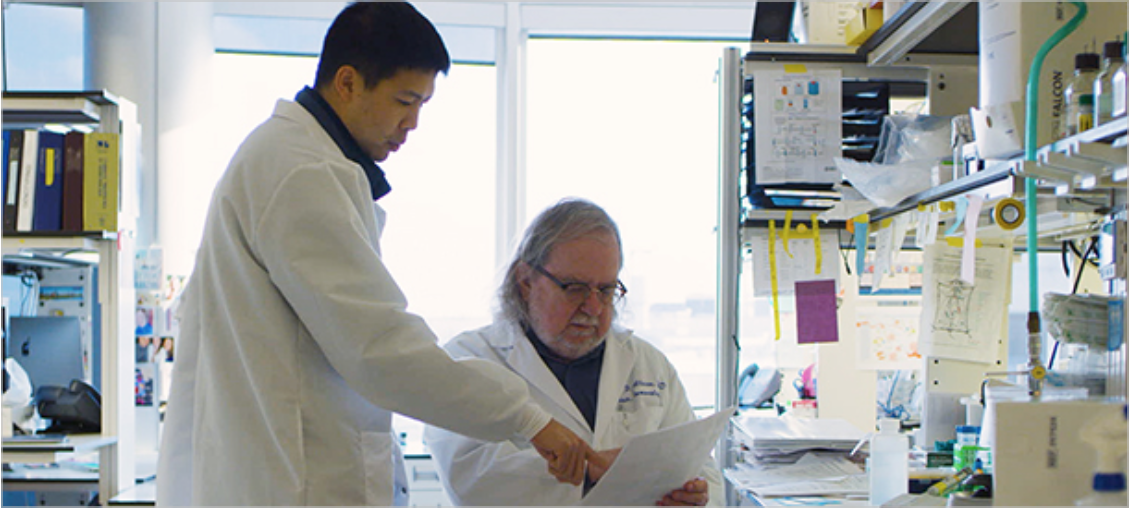
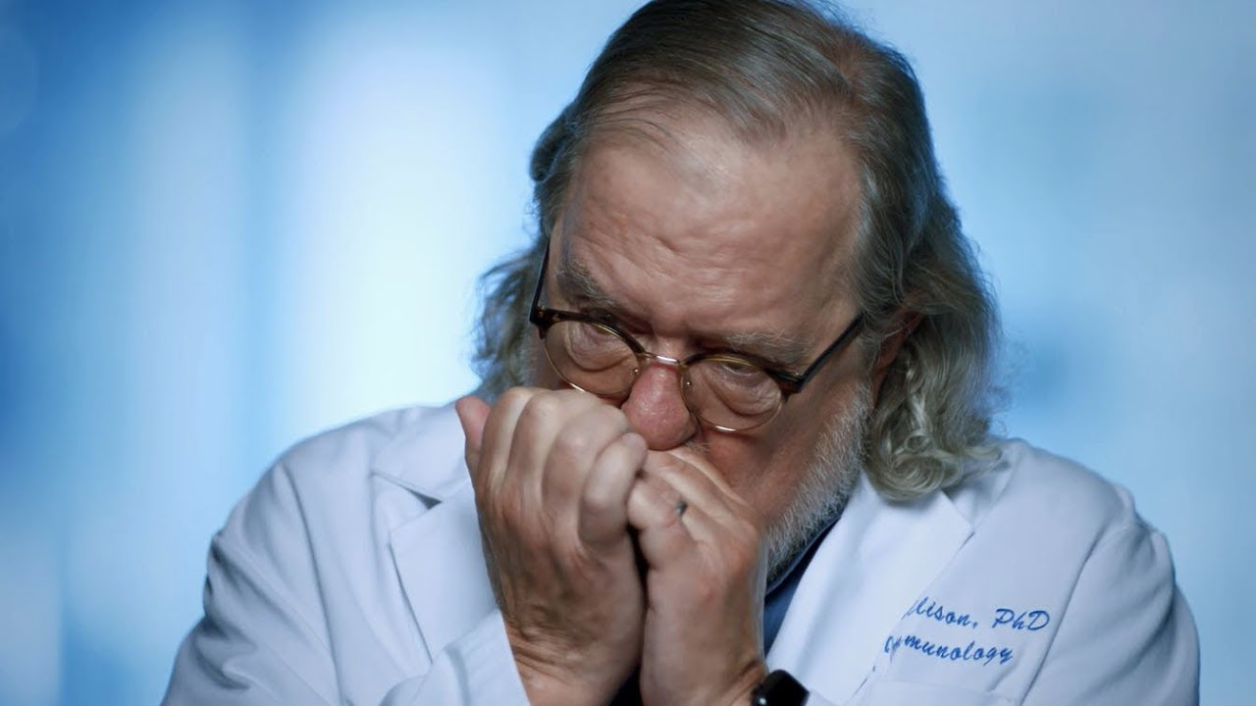
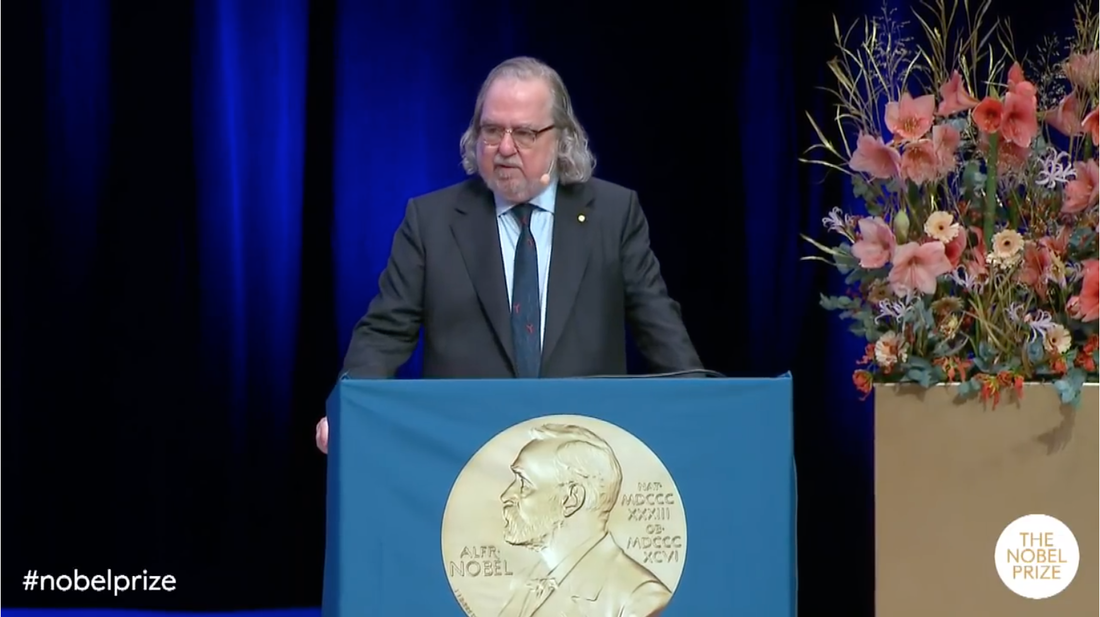
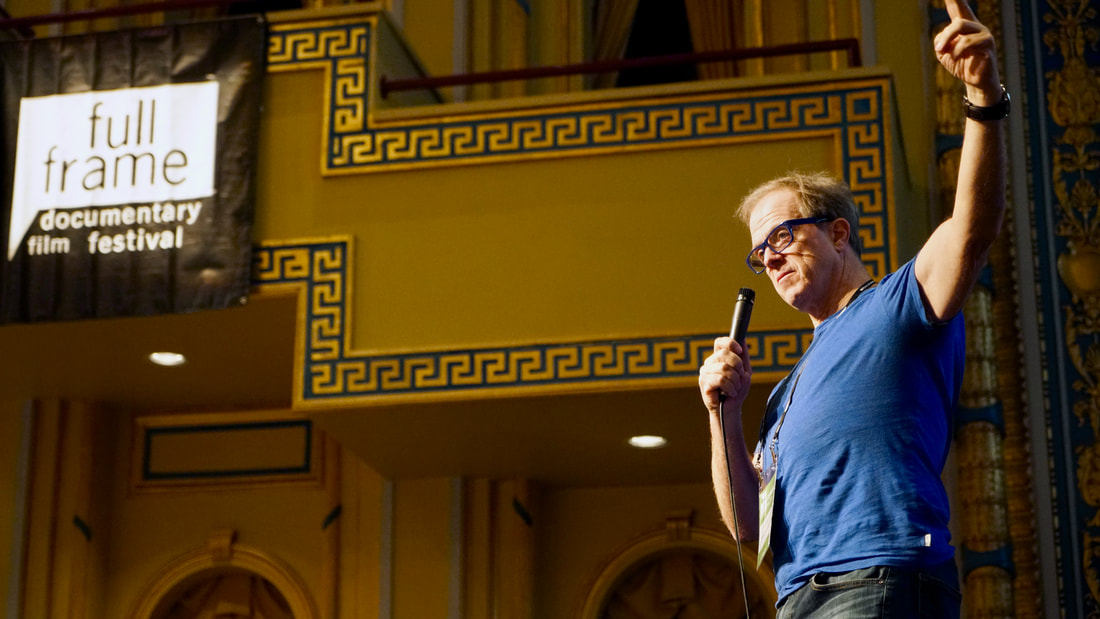
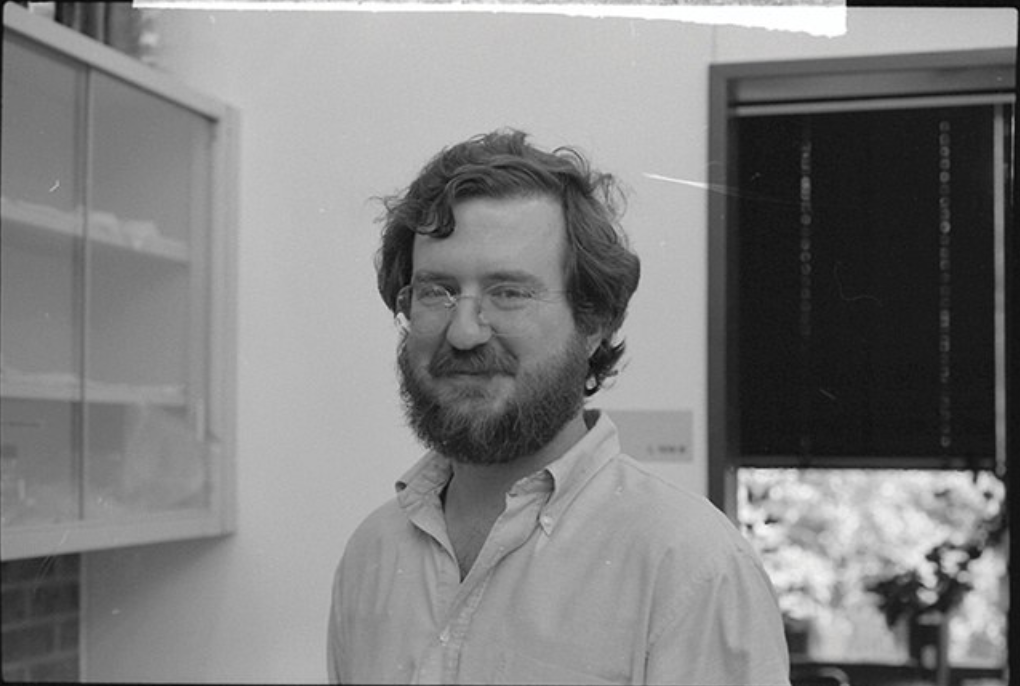
 RSS Feed
RSS Feed